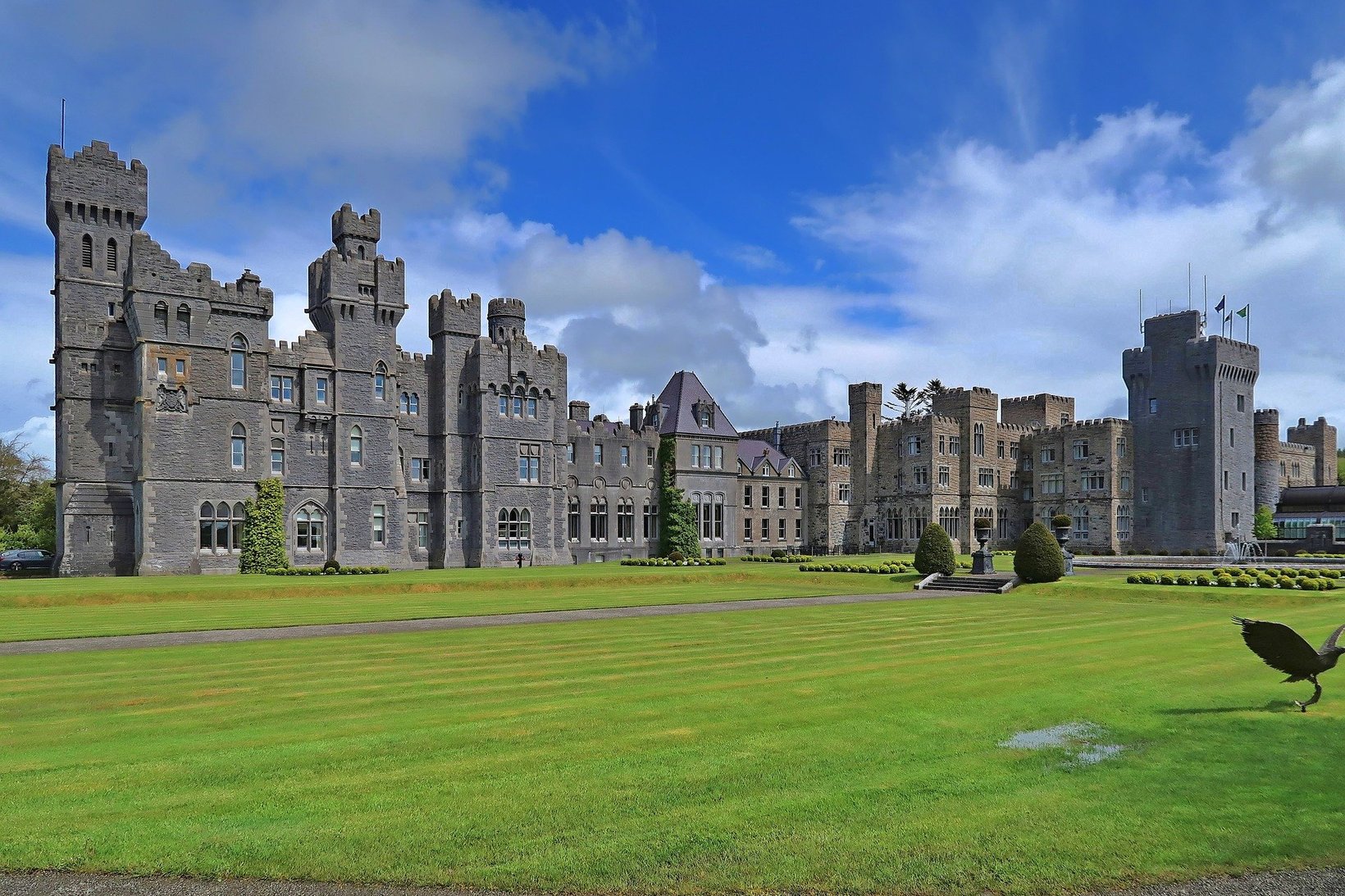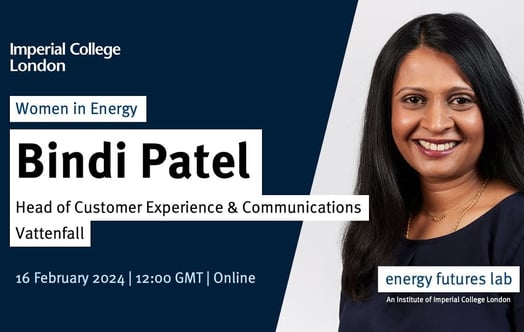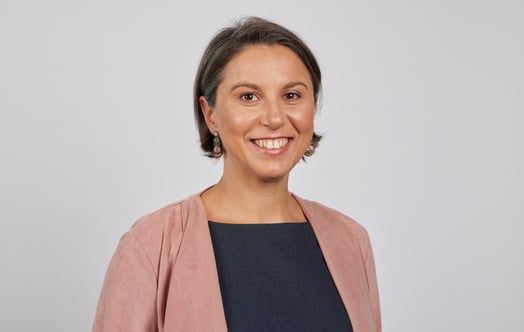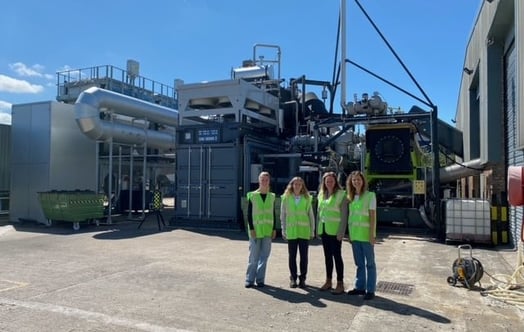Investment Analyst Mark Adams talks about choosing energy finance as a career and his work on flare gas reduction with the Nigerian government.
Mark, Where do you hail from and what brings you to us in the UK?
I’m from Mayo, Ireland. I’ve been in the UK all together, nearly four years. I had moved over to London for a year after my undergraduate degree to work. Then I went back to Dublin, did my Master’s, worked for about nine months and then moved back over and I’ve been back for three years now this February.
I worked as an environmental advisor initially in London. Then I went back and did a Master's in energy finance. From there, I worked with a power trading and services company in Dublin, working on the power purchase agreement origination side of things. That was really interesting - a pretty young company, with a lot of great people doing really well. Then from there I worked for a gas and LNG (liquified natural gas) consultancy. The focus was on commercial, market and management consulting for gas and LNG companies. As part of my role, I worked on due diligence assignments for large gas and LNG transactions. I figured out that as a consultant, you do quite a few different things until you eventually land on the one that you want to do. For me the part I most enjoyed was transactions focused and the investment side of the industry. That's what led me to my current role.
Have you always been interested in working in energy? Has that been a lifelong, "I'm going to work in energy," thing or did you have different tracks you might've taken?
I suppose you can say I’m an “energy man” really. My undergrad was earth and ocean sciences (a mix of geology and oceanography). Going into that, I thought I'd get into the more technical side of the industry, maybe go into geophysics in oil and gas exploration, that kind of stuff. But then we did a more commercially focused module in my final year, I thought, "Wow, this is actually brilliant, this is what I want to be doing."
Then I saw the Master's in energy finance and thought it was right up my street. The actual title of the Master's was ‘Energy and Environment and Finance’, but it was heavily energy focused. I had the energy background and I thought if I get some environmental experience, I'll be set up pretty well for the masters and all I'll have to learn is the finance side of things. It was a great course and a tough year, but I really enjoyed it.
From there it's just been nothing but energy. I don't think I'll be venturing too far away from the space. If I were to move into something else, it would have to be some other sustainably focused role. That maybe something that would turn my head in the future but for now, energy is definitely my thing
So how has energy finance in particular been a draw for you?
My initial interest in sector was around oil and the geopolitics surrounding it. It still does make the world go round to an extent, that's obviously going to reduce in the future, but the scale of the industry and the policy side of it makes it fascinating.
Then I got more into power markets and renewables in my role in Dublin. I took a huge interest in how complicated power markets are.
From there, I saw gas as a bridge fuel in the energy transition. But while I was working in gas, it didn’t really feel that way. So I decided I wanted to get back into a more of a renewables focused role.
From a finance/commercial view, heat is really interesting. To make a project commercially work can be tricky. The cash flows aren't always the typical cash flows you see, in a wind farm or in an LNG project where you're just sinking CAPEX into your project, followed by consistent revenues over 20 or so years. In heat you may be expanding a network, adopting assets or replacing a chunk of the network after 30 years, which adds another layer of complexity to a project.
But it is all very exciting and its terrific to be involved in the sector in the UK, where district heating is in its infancy really. I’m really looking forward to getting our first couple of projects off the ground.
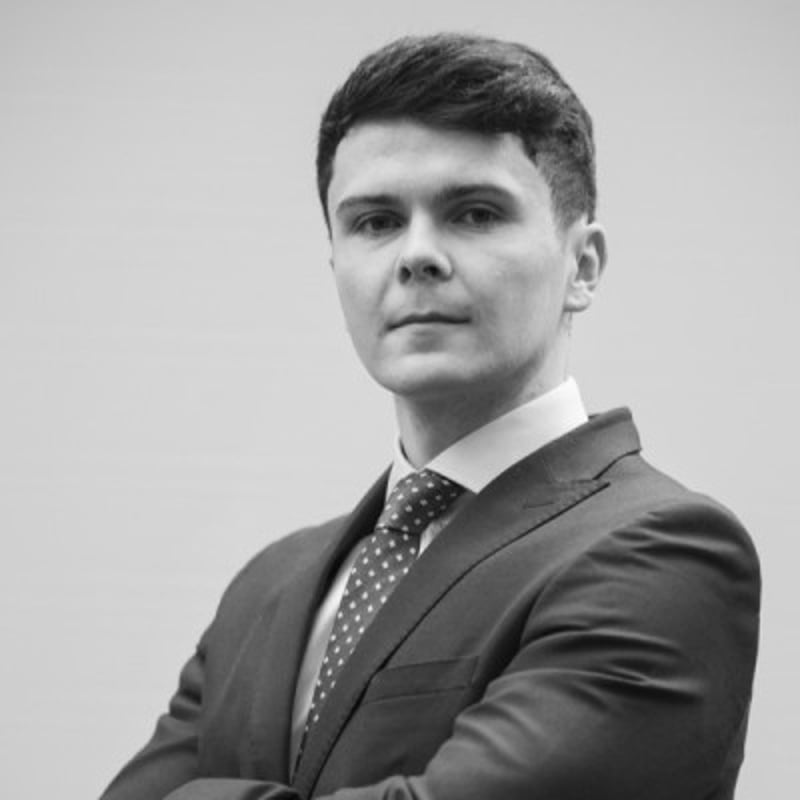
What do you do in your downtime? What are hobbies or things that you like to get up to?
I play Gaelic football, which is Irish football. It's kind of a cross between rugby and soccer and it's great fun.
I also run quite regularly and did a couple of half-marathons last year. I also go to the gym a bit. Besides exercising, I like socialising on weekends, going out with my partner and friends. I read a bit also. I read mostly energy focused or history books, all very boring!
What's something that not a lot of people know about you?
I suppose there’s two things really. One is, I was an extra in a Canadian TV series called Reign. The other is I've been to Nigeria about 10 times. I travelled to the country regularly for nine or 10 months with my last company. We did a big project with the Nigerian government, so I was back over there maybe once or twice a month for a number of months. I've had two Nigerian visas and really love the place.
Tell me about the Nigerian government project.
It was a flare gas reduction program with the government. When you extract oil from the ground, a certain amount of gas comes out with it. Across the world, it's typically just burned off because it's just seen as a waste product. The government of Nigeria passed legislation in 2017 that meant they actually owned the gas when it hit the gas tip so it no longer belonged to the producer. They then ran a program that would allow third parties to bid in and actually utilise this gas so it wasn't just flared.
For example, there could be 10 producers in a five kilometre radius. One third party would now be able to bid in and take the gas from all the different flare sites, and then maybe use it in a gas to power plant, to power somewhere in the Niger Delta or somewhere similar.
It was a really good one to be involved in as it was going to benefit the environment, first and foremost, benefit the Nigerian economy and bring jobs into struggling areas. It made me pretty passionate about gas flaring because when you start looking into the scale of it, it's absolutely terrible how it is still going on in this day and age.
Nigeria flares more gas every year than Ireland consumes. You're simply wasting over what a small country would consume every year. Nigeria was seventh in the league table for gas flaring in the world. There are countries that are flaring a lot more gas than Nigeria out there.
It might be actually one of the first carbon reduction/environmental initiatives that should be pushed globally because along with damaging the environment so much, it's just economic waste as well.

